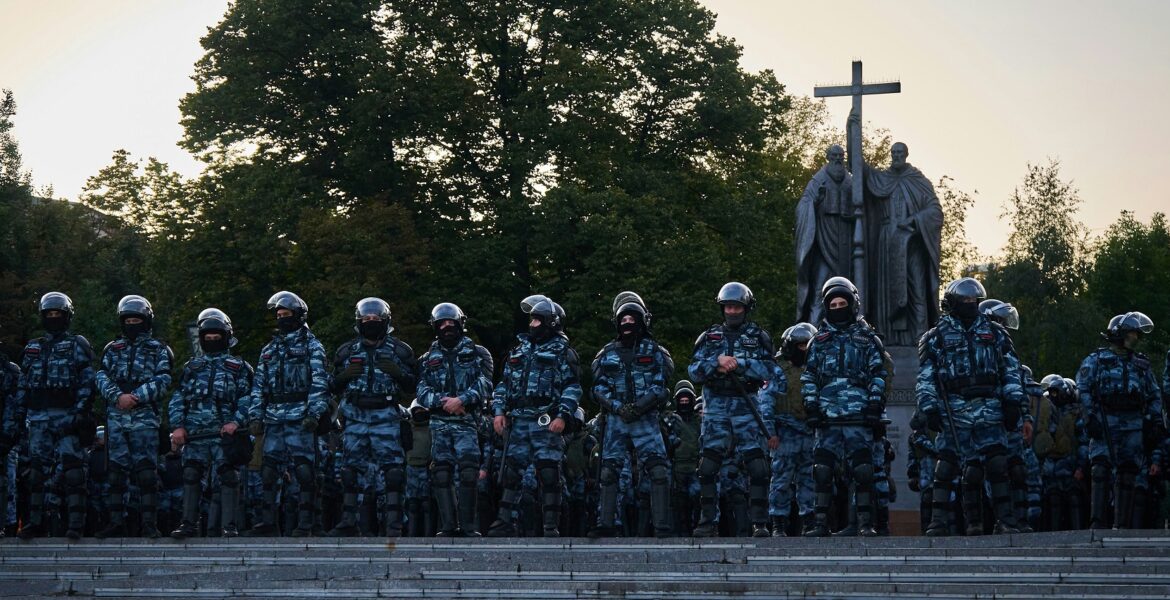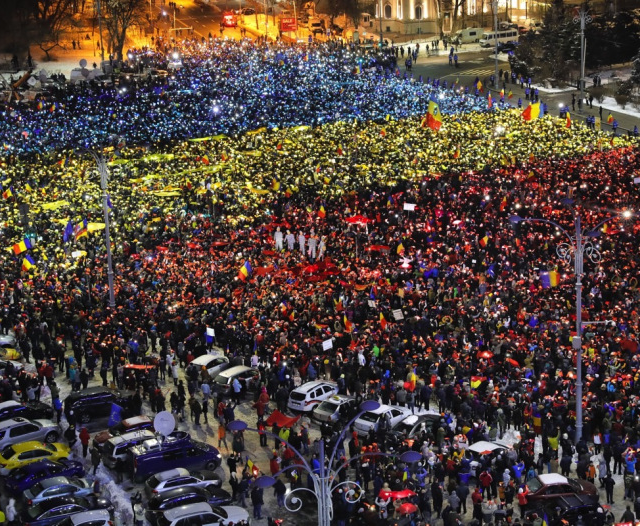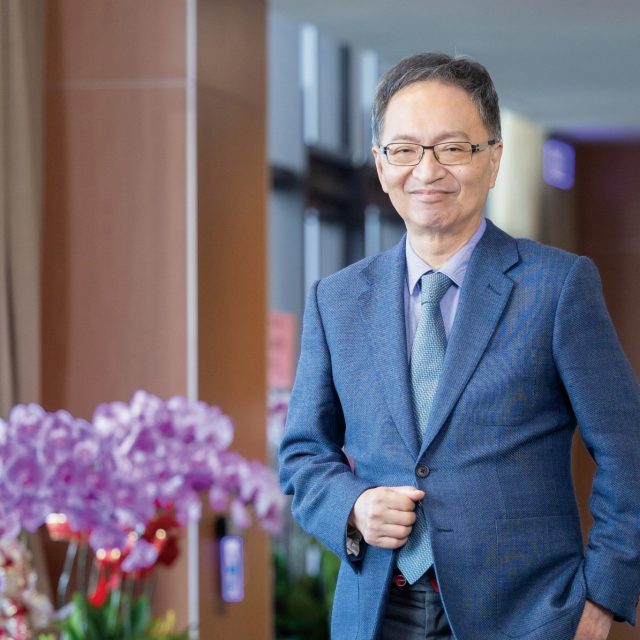A Tool for Imperial Ambitions and a Growing Threat to Turkey
Photo by Valery Tenevoy on Unsplash
In the modern world, religion is often not just a spiritual guide but also a powerful tool for political influence. The Russian Orthodox Church (ROC) increasingly plays this role, openly supporting the Kremlin’s imperial ambitions. Recent statements by Metropolitan Tikhon of Simferopol and Crimea, calling for Russia’s future control over Istanbul, serve as a clear example of how the clergy in Russia has become a key element of Moscow’s aggressive foreign policy.
The Russian Church is no longer just a religious institution. It has become an instrument of the Kremlin in advancing geopolitical interests. Tikhon’s statements, in which he openly expresses the intention to bring Istanbul under Russian control, are not mere religious musings. These are explicit political declarations that challenge Turkey’s sovereignty and threaten regional stability. The Kremlin actively uses the Church to justify its expansionist policies, especially regarding the return of territories once belonging to the Byzantine Empire.
Another critical aspect is the Kremlin’s manipulation of history. The Kremlin is increasingly using narratives about Byzantium to justify its claims on Istanbul. The idea of a New Byzantium, actively promoted by Russian clergy, is not just a religious justification, but an integral part of Moscow’s geopolitical strategy. For the Kremlin, control over Istanbul would symbolize a religious revival of historical justice and the creation of a new geopolitical centre under Moscow’s dominance. This is not an abstract idea; it is a real threat to Turkey’s independence that could lead to new tensions in international relations.
The Russian Orthodox Church has long ceased to be separate from politics. Statements by metropolitans and priests, which align with the Kremlin’s political agendas, confirm that the Church has become an essential tool in Kremlin propaganda. Through religious narratives, Russia not only legitimises its territorial claims but also shapes public opinion. Promoting revanchist ideas through ecclesiastical structures helps build support among believers, which is crucial for the Kremlin when mobilising internal backing in the face of external aggression.
For Turkey, this represents a serious threat. If the Kremlin and the ROC continue to promote the idea of returning Istanbul and creating a New Byzantium, it will serve as a destabilising factor in the region. Turkey must now decide how to respond to this pressure: whether it will take proactive measures to strengthen its military and diplomatic positions, or whether it will allow the Kremlin to achieve its goals unchallenged.
This issue is not merely a religious matter but a geopolitical struggle that could determine the future of relations between Russia and Turkey and the stability of the entire Black Sea region. The Kremlin, using religion as a political tool, seeks to create an enemy image and prepare public opinion for new conflicts.
The role of the Russian Orthodox Church in the Kremlin’s political strategies is one of the most dangerous trends shaping the current international situation. The use of religion to promote Russia’s imperial ambitions poses a significant threat to the stability of Europe and the Middle East. For Turkey, this means the need to adapt its security and foreign policy strategies to the growing challenges posed by Moscow. These ideas are not just abstract notions but part of the real plans of Russia’s elites, which could lead to new conflicts soon.
Given the escalating geopolitical tensions, international actors must unite and take a firm stance against Russia’s territorial ambitions. The time to act is now before these ambitions grow into more tangible threats to regional and global stability.




